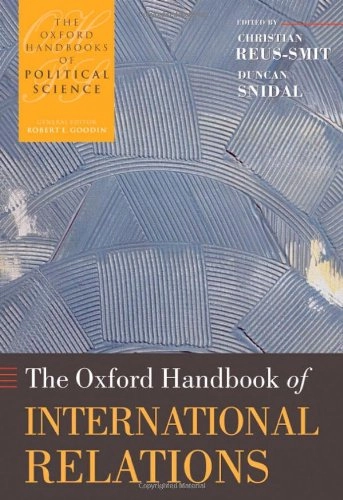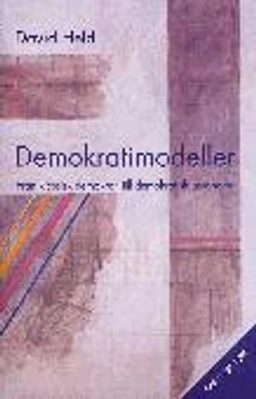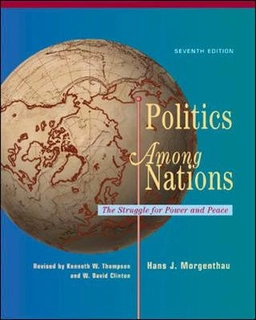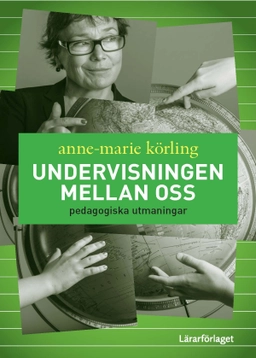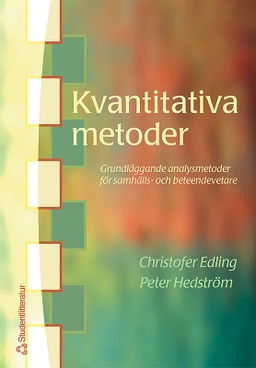The Oxford Handbook of International Relations offers the most authoritative and comprehensive overview to date of the field of International Relations. The Handbook debates the nature of the field itself, critically engages with the major theories, surveys a wide spectrum of methods, addresses the relationship between scholarship and policy making, and examines the field's relation with cognate disciplines. In so doing the Handbook gives readers authoritative and critical introductions to the subject and establish a sense of the field as a dynamic realm of argument and inquiry. The Handbook has two key and distinctive organizing principles. The first is its ground-breaking approach to the normative component in theorizing about International Relations. Earlier volumes have concentrated almost exclusively on theories as purely empirical or positive theories, with small sub-sections left for 'ethics and International Relations'. But all International Relations theories have both empirical and normative aspects; even methodological choices entail implicit normative commitments. Without this understanding, some of the arguments in International Relations are routinely miscast. The Oxford Handbook of International Relations offers a comprehensive survey of the field that deepens our understanding of how empirical and normative theorizing interact to constitute International Relations as a field of study. A second organizing principle is the analysis of how different perspectives have developed in relation to one another. Previous overviews of the field have treated contending theories and methods as isolated bodies of thought, or organized them into stylized 'great debates'. But these approaches obscure the dynamic interplay, conversation, and contestation between different perspectives. The Handbook examines this interplay, with chapter authors probing how their theory or approach has been affected by contestation with, and borrowing from, other approaches. In doing so it shows how diversity within International Relations has promoted, or perhaps sometimes stultified, progress in the field. The Oxford Handbook of International Relations advances a markedly different perspective on the field of International Relations and will be essential for reading for those interested in the advanced study of global politics and international affairs.
Åtkomstkoder och digitalt tilläggsmaterial garanteras inte med begagnade böcker
